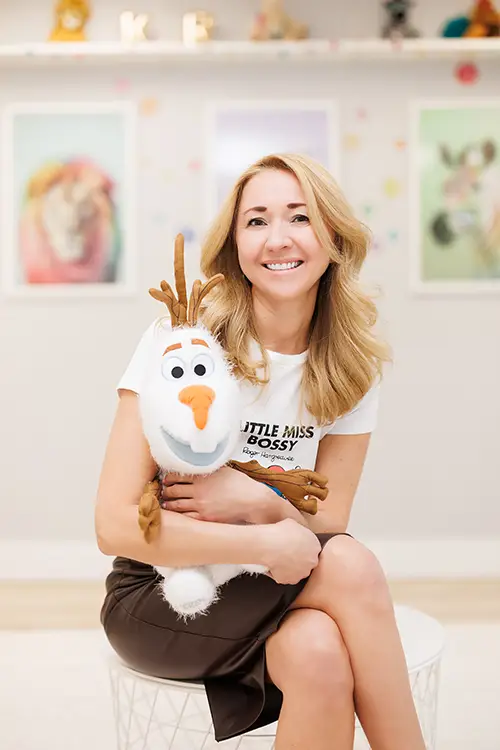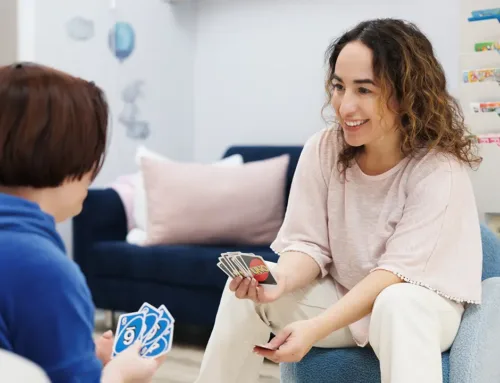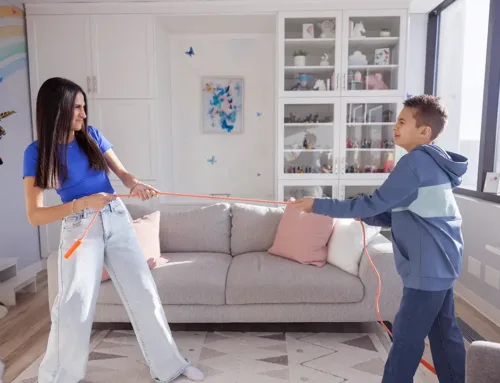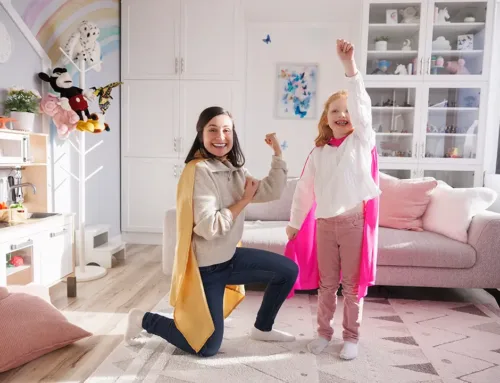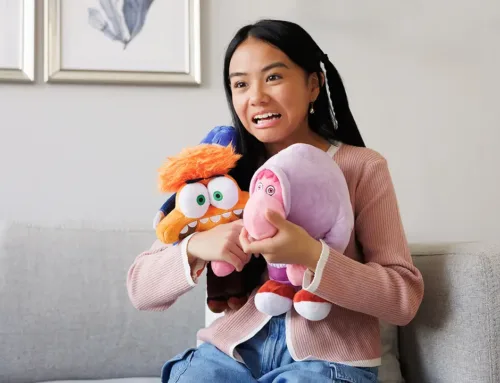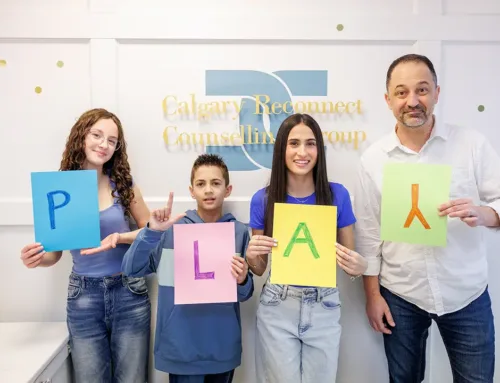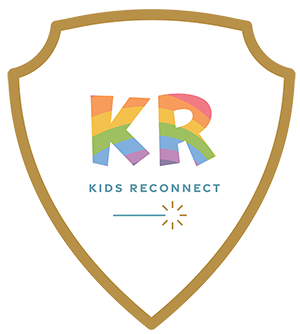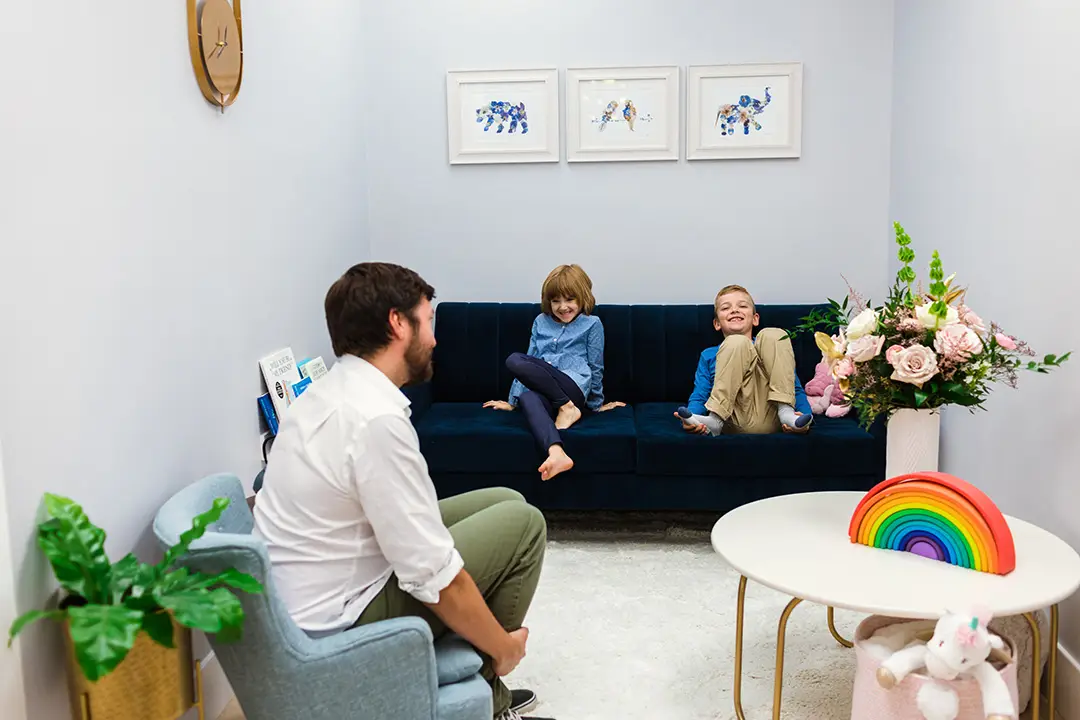
Liar, liar, pants on fire!
Insights from psychology research about why children lie.
In this blog post, our team’s Natalie Bergman comes clean
about why little kids sometimes tell (terribly) tall
(sometimes funny!) untruthful tales.
First things first: it’s not because you are a “bad parent”
Recently, a parent came to see me because she was worried about their child was showing dishonest behaviour. She blamed herself and felt that she must have done something wrong as a parent.
As parents, it’s natural to feel concerned when your child tells a lie. Unfortunately, social media often fuels the narrative that a child’s dishonesty solely reflects parental failure. But let’s set this straight: children lie for many reasons, and it’s not necessarily due to how they are being parented.
Diving deeper to understand
why our child is lying
is a helpful parenting Superpower
So why might your child be lying?
Here are some psychology research-based reasons that explain why kids lie.
1. Developmental stage.
According to developmental psychology, young children, especially toddlers, often blur the lines between fantasy and reality. They aren’t lying to deceive but are exploring their imagination. Jean Piaget’s stages of cognitive development explain how children’s understanding of truth and falsehood evolves with age.
2. Fear of consequences.
Older children might lie to avoid punishment. Research indicates that this behaviour often stems from a fear of disappointing their parents or facing negative outcomes, not from a desire to deceive maliciously.
3. Attention seeking.
Sometimes, children lie to get attention. They might fabricate stories to feel seen and heard if they feel overlooked. Studies have shown that children with unmet emotional needs might resort to lying as a way to connect with others, not only parents but also peers..
4. Modelling behaviour.
Children learn by observing. Albert Bandura’s social learning theory emphasizes that children imitate behaviours they see in adults. If they see adults or peers lying (and getting away with it), they might mimic this behaviour, thinking it’s acceptable (and a good life strategy).
How does social media come into play?
For parents, social media (like any tool) can be a double-edged sword.
While social media offers a platform for sharing helpful parenting tips and support, it can also foster guilt and blame. Here are some typical ways in which social media might not be showing you a true, full picture of this —or any— situation.
1. Setting unrealistic expectations.
Social media often showcases picture-perfect families, creating unrealistic expectations. When children don’t conform to these ideals, parents might feel that as parents, they are at fault.
2. Attracting judgmental comments.
Parenting posts and articles can attract judgmental comments, setting off self-blaming. When reading these amplified comments, made without an understanding the full context. parents might blame themselves for their children’s behaviours,
3. Showing simplified narratives.
Complex behaviours, like lying, are often oversimplified on social media, ignoring the factors contributing to a child’s actions.
What can I do when I notice my child is lying, to encourage better behaviour?
Here are three ways in which you can help your child grow their honesty Superpowers.
1. Understand and empathize.
Recognize that children’s lies are part of their development. Approach the situation with empathy and curiosity, rather than blame. Understanding the psychological reasons behind lying can help you address the root cause effectively.
2. Open communication.
Create a safe space where your child feels safe telling you the truth. Research supports the idea that children are more likely to be honest when they feel secure and understood by their parents.
3. Teach by example.
Model honesty in your own behaviour. Children are more likely to be truthful when they see honesty practiced by the adults around them. Bandura’s social learning theory also highlights the importance of role models in shaping children’s behaviours. Kids learn not just in a classroom, or from books, but by observing and trying to replicate the emotional experience that they see others displaying, and the reactions that behaviour evokes in those around them.
Closing thoughts
Remember, every child is unique, and each child’s reasons for lying can vary in different situations and at different developmental stages. Instead of taking on the guilt and blame you might come across on social media, focus on understanding your child’s behaviour and gently guiding them with love and patience.
Parenting Superpower: understanding your child’s behaviour and guiding them with love and patience.
References
Meet the author
Meet the editor
Are you experiencing challenges as a parent?
At Kids Reconnect, we are here to support you and your family
through the ups and downs of parenting.
Our therapists have specialized training to help kids and parents
sail through their child’s tricky behaviours (like lying)
at different developmental stages,
with compassion and understanding.
Reading this blog shows that you are trying hard to be a great parent,
and to learn new approaches and strategies to help your child,
This means you are likely doing pretty well as a parent
and getting better at it every day.
For real.
